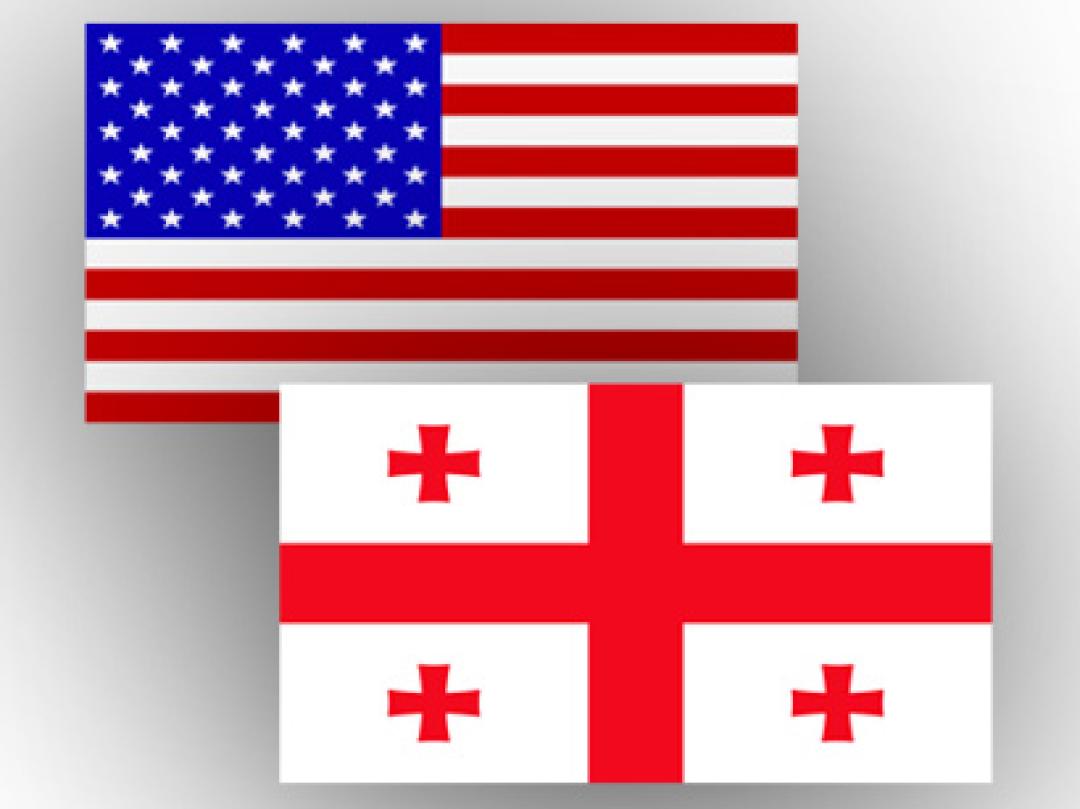
U.S. Human Rights Report Flags Deep Concerns in Georgia: Torture, Corruption, and Judicial Woes

The U.S. Department of State has published its annual human rights report on Georgia, noting significant issues, such as "torture or cruel, inhuman, or degrading treatment; arbitrary arrest or detention; and serious challenges to the independence of the judiciary, with investigations and prosecutions often perceived as politically motivated." The 2023 report particularly points out "serious government corruption," a new inclusion not mentioned in previous editions.
The report extensively criticizes additional human rights concerns, including "arbitrary or unlawful interference with privacy; severe restrictions on freedom of expression and media freedom, marked by violence and threats against journalists," and "considerable obstruction of the rights to peaceful assembly and association," alongside "crimes of violence or threats targeting the LGBTQ+ community."
Furthermore, the document highlights impunity in Georgia, although some officials were investigated for human rights abuses. The report details the situation in the Russian-occupied regions of the Tskhinvali area and Abkhazia, noting these regions remain outside Georgian control, with local authorities backed by Russian forces. Abuses in these occupied territories continue with impunity, with rights violations including "unlawful killings; arbitrary arrest or detention; and constraints on movement, particularly affecting ethnic Georgians, who also face limitations on property ownership, business registration, and receiving education in their native language."
In the realm of freedom of expression and media environment, the report draws attention to "serious concerns" raised in 2023 by NGOs, the international community, and journalists about the Georgian government's commitment to free speech, highlighted by the case of Nika Gvaramia, the jailed founder of opposition-leaning Mtavari TV, whom the President later pardoned.
Other pressing issues include deteriorating media pluralism conditions and legislation, the Foreign Agents Law, ongoing violence and threats against journalists, and a lack of accountability for such violence, particularly notable during the July 2021 Pride event. The report also points to restricted access to information and financial resources for media, with the Public Defender’s Office (PDO) noting a lack of comprehensive statistics on crimes against journalists, hindering awareness of the issue's magnitude.
Legal inconsistencies also persist concerning “obscene language,” with several opposition-linked individuals convicted for posting obscene videos online, while similar behavior from ruling party members went unchecked. Illegal surveillance of journalists, particularly those from opposition-minded outlets, was mentioned without any accountability for those involved.
Restrictions on press accreditation introduced by Speaker Papuashvili have been criticized for lack of due process and for disproportionately affecting critical media outlets, as noted by the NGO Georgian Charter of Journalistic Ethics (GCJE) and the PDO. The report also touches on the concerns of media watchdogs over the legal disputes between the Ministry of Defense and Davit Kezerashvili, founder of Formula TV and former defense minister, perceived as attempts to shut down the critical broadcaster.
The year also saw numerous incidents of violence, harassment, and legal actions against journalists, with a pronounced lack of accountability for these offenses, including a noted attack against TV Formula anchor Misha Mshvildadze and aggressive police actions against journalists during protests against the Foreign Agents Law. Regarding censorship concerns, the NGOs worry about the close ties between the ruling Georgian Dream party, the Public Broadcaster, and the Communications Commission. The Media Advocacy Coalition critically assessed the law passed in October, increasing the Georgian National Communications Commission's power to investigate and penalize media organizations for obscenity or hate speech.
While internet freedom was not officially restricted by the government, unauthorized online surveillance concerns persist, underscoring the broader issues of freedom and human rights in Georgia.
See Also


Mirzoyan Meets US Deputy Assistant Secretary Joshua Huck

Azerbaijani President Holds Talks with UAE and German Business Delegations on Economic Cooperation

Grigoryan Confirms Armenia’s Readiness to Dissolve OSCE Minsk Group Upon Peace Treaty Signing

Azerbaijani Official Warns of Ecological Risks to Caspian Sea, Similar to Lake Urmia and Aral Sea

